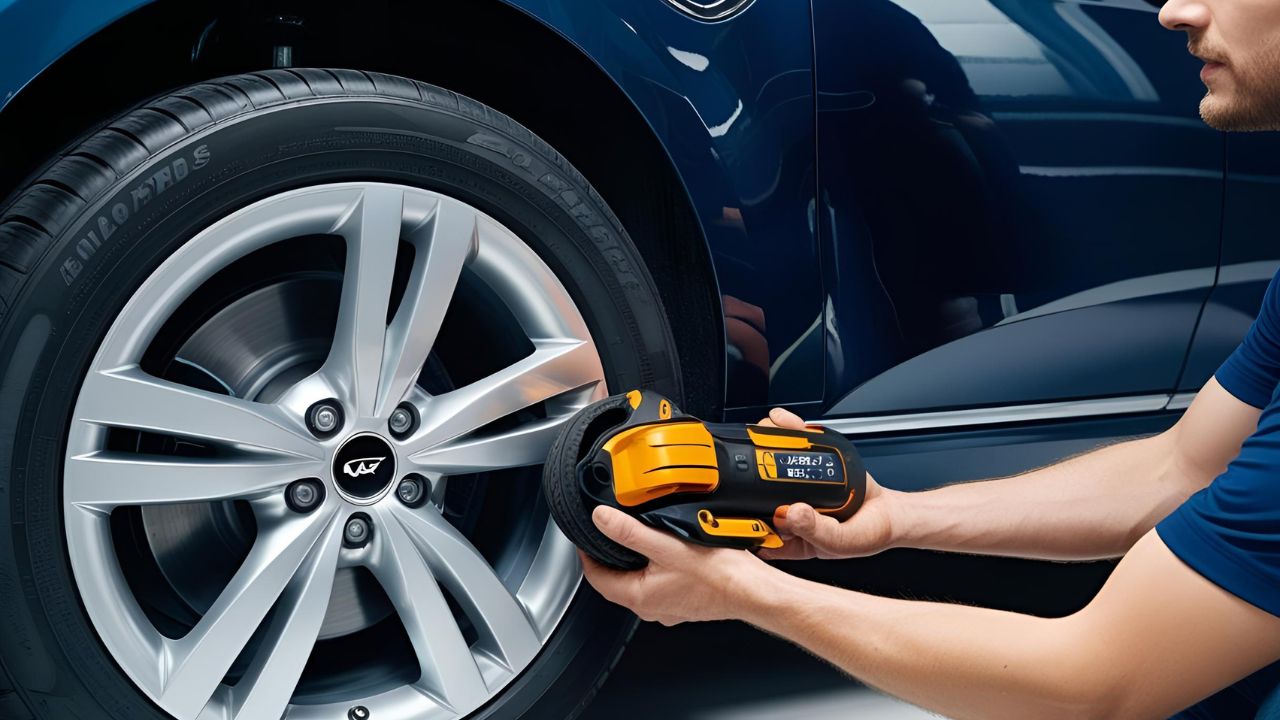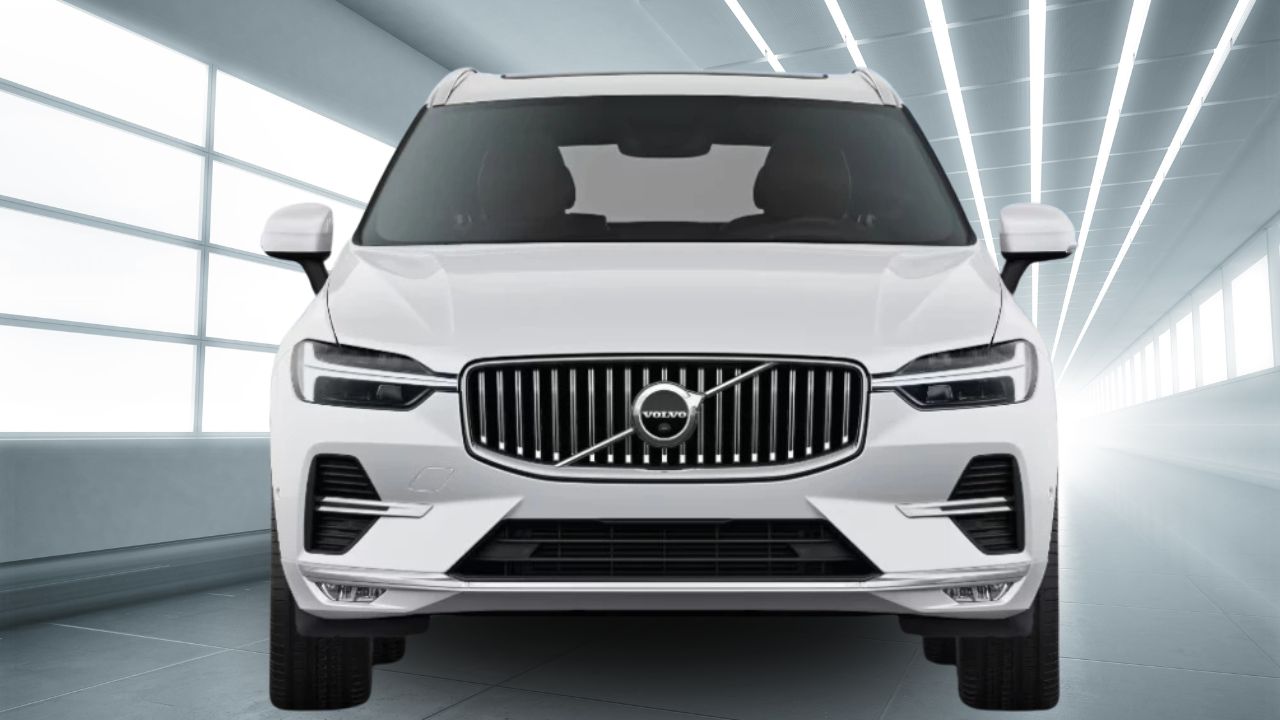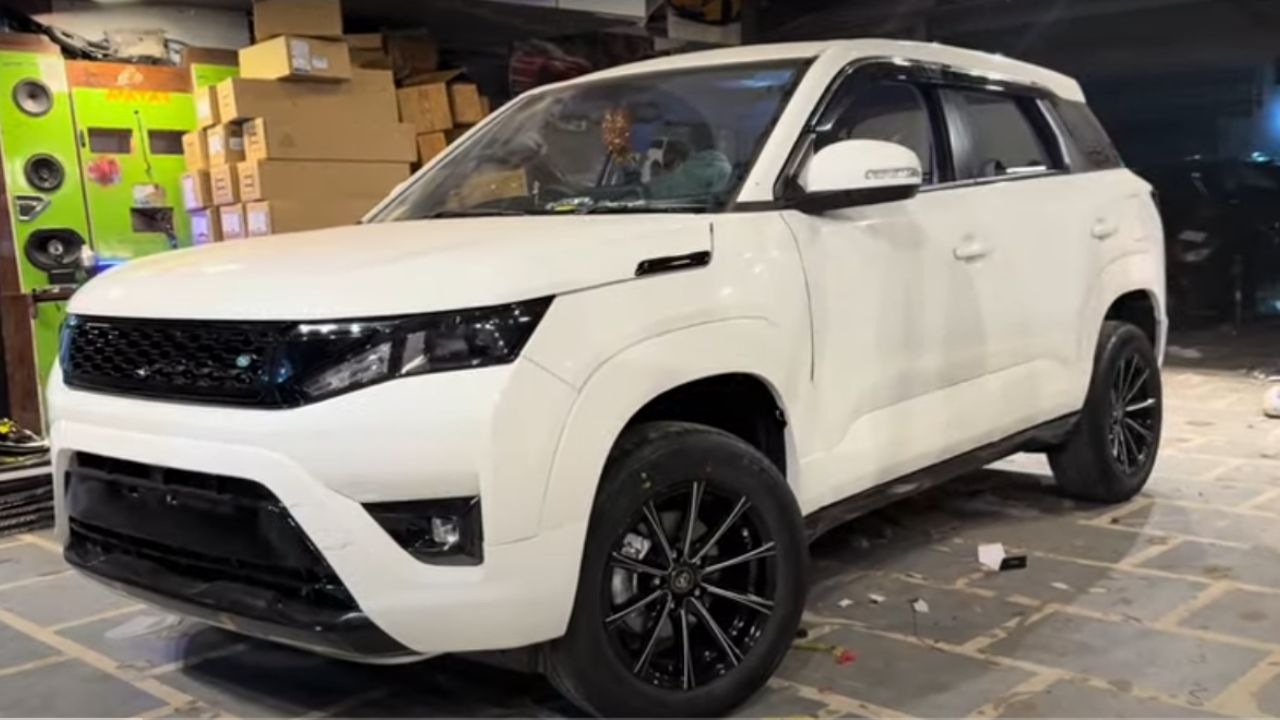With every new milestone, we expect a set of advice. Getting a new car is no different. One piece of advice that most people are interested in is swapping out the tyres as step one after buying a car.
Is it really that important?
In this article, we are going to look into what circumstances new stock tyres need to be replaced and what scenarios stock tyres are better off retaining.
What Do New Car Owners do when Changing Stock Tyres?
It is not as obscure as you assume. Some buyers of new vehicles argue that changing the tyres makes the car look more personalised. And, to a certain extent, this is correct. Standard fitment tyres are “ok” rather than “good,” available on most models from entry-level manufacturers, and these cars are fitted with stock-quality tyres. These entry-level manufacturers do not compromise their brand image. However, they are far from being the best as well. Premium brands like Michelin, Bridgestone, Yokohama, and Continental provide significant comfort and performance enhancements over stock fitment.
Drivers using vehicles with basic all-season tyres may prefer to install performance tyres for better handling or off-road tyres to enhance grip for off-road driving. Using weather-specific tyres can significantly improve control and safety during extreme conditions for regions prone to heavy rain, snow, or thundersnow.
Some drivers may use run-flat tyres that can be driven on after a puncture to enhance convenience. Additionally, wider or lower-profile tyres may be fitted for aesthetic appeal or to improve the car’s performance, even though these may increase fuel consumption and reduce ride comfort.
When You Should NOT Change Tyres of a New Car
Some drivers must make changes immediately, but that’s not the case for everyone. If the stock tyres are acceptable, one does not need to replace them. New cars typically come with tyres that offer a good balance of comfort, performance, and fuel economy.
The stock tires will likely work well for several years if you operate in moderate weather conditions and on well-maintained roads. Beyond that, changing tyres serves no rational purpose and can be costly. It is an undeniable fact that tyres are expensive. If your current set is relatively new and in excellent condition, replacing it doesn’t make financial sense.
Final Thoughts: Should You Change the Tyres of a New Vehicle?
Changing the tyres of a new vehicle is not universal advice. It depends on your driving style, regional climate, and personal inclinations. For instance, off-road or all-terrain capabilities may require higher versatility. In that case, changing would be beneficial. In other instances, evaluate performance and replace them only when necessary.
Would you like to tell us what type of tyres best suit your driving habits and vehicle? Share in the comments.
You may read this: JK Tyre Introduces India’s First ISCC Plus Certified Environment-Friendly Car Tyre – A Game Changer for Green Mobility











